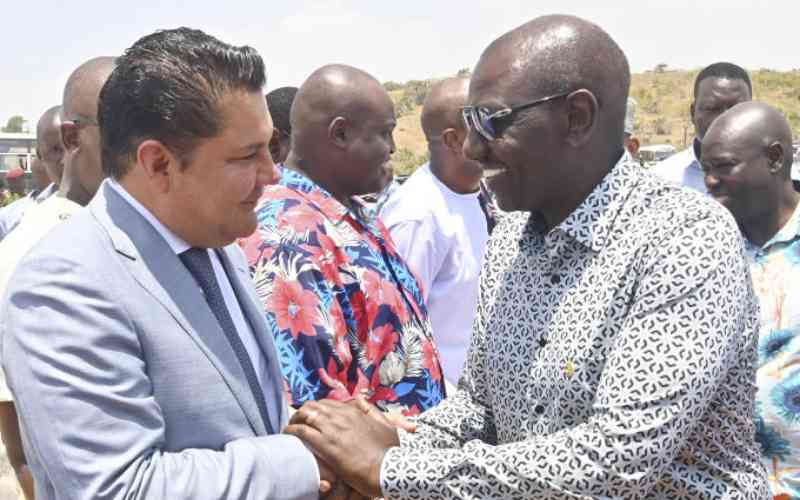×
The Standard e-Paper
Home To Bold Columnists
By Khamati Shilabukha
The French proverb “the more things change, the more they remain the same” popularised by the French novelist Alphonse Karr (1808-90), will remain relevant for the African political and economic landscape for eons to come. Events unfolding across the continent in the last two years indicate that the continent’s political and economic contemporary future is faced with a turbulent foreboding.







